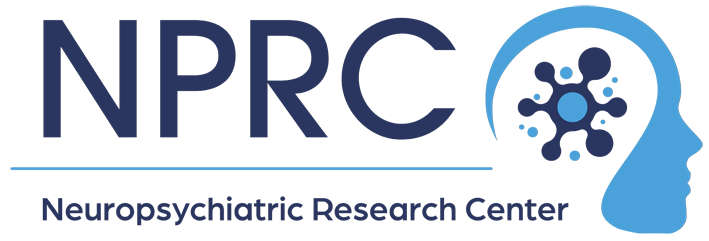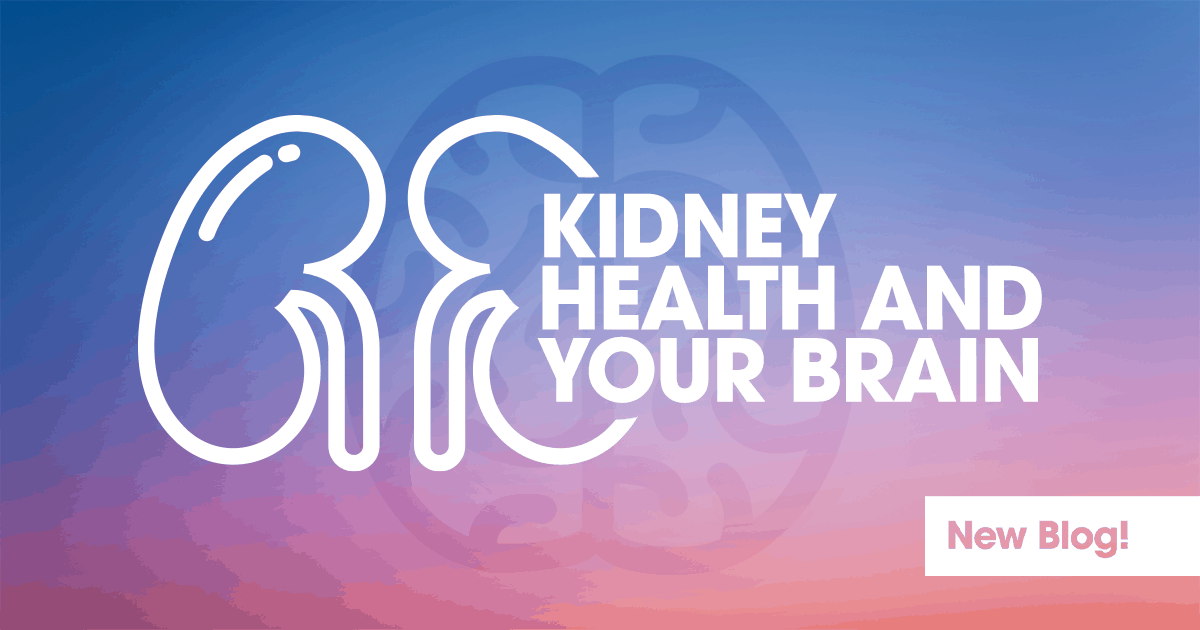Did you know that kidney health, like many other organs, affects your brain health? Although not
direct, kidney disease ultimately impacts the blood flow and nutrients to the brain. It is estimated that 26 million Americans have some form of kidney disease. However, most don’t know they have it. March is National Kidney Month, and their programs and events are helping to improve kidney health awareness, which may reduce your risk for brain disorders in the long run.
National Kidney Month

You can slow or prevent the progression of kidney disease with early diagnosis and treatment. The National Kidney Foundation created National Kidney Month to create awareness and improve prevention and treatment options for kidney disease. Their “Take Five for Your Kidneys” 2020 initiative is encouraging kidney health by prompting people to:
- Get Tested– If you have diabetes, high blood pressure, are over age 60, or have a family history of kidney failure, get an ACR urine test or a GFR blood test annually.
- Reduce NSAIDs– Reduce your regular use of NSAIDs and never go over the recommended dosage.
- Cut the Processed Foods– Processed foods are high in sodium, nitrates, and phosphates, and have a link to cancer, heart disease, and kidney disease.
- Exercise Regularly– Getting active for at least 30 minutes a day can also help you control blood pressure and lower blood sugar, which is vital to kidney health.
- Control Blood Pressure and Diabetes– High blood pressure and diabetes are the leading causes of kidney disease and kidney failure. Managing high blood pressure and strict control of blood sugar levels can slow the progression of kidney disease.
Kidney Health and the Brain
The kidneys perform many crucial functions, including helping to filter blood before sending it back to the heart. Among the many health problems kidney disease can cause, heart disease, high blood pressure, heart attack, and stroke are among them. A study published in the Journal of the American Society of Nephrology showed that with decreased blood flow to the brain, the risk of dementia, stroke, and memory issues increases.
Given that kidney disease and (reduced blood flow to) the brain is both possibly reversible, there might be an opportunity to explore how improving these conditions can ultimately reduce one’s risk of developing a brain disease.

Thanks to clinical research, we understand better the different contributing factors to brain health. To learn more about upcoming brain health research studies at NPRC, click here.
References:
https://www.kidney.org/content/national-kidney-month
https://www.kidney.org/blog/kidney-cars/protecting-kidney-health-benefits-brain
https://www.webmd.com/a-to-z-guides/news/20150806/kidney-problems-linked-to-brain-disorders-study





